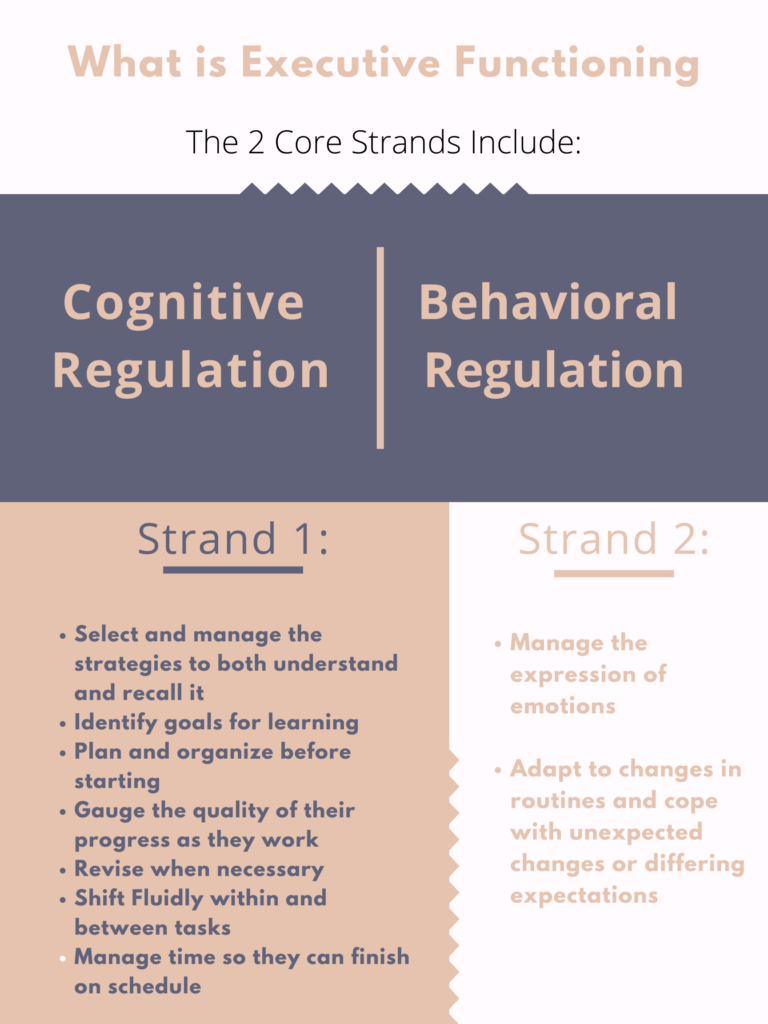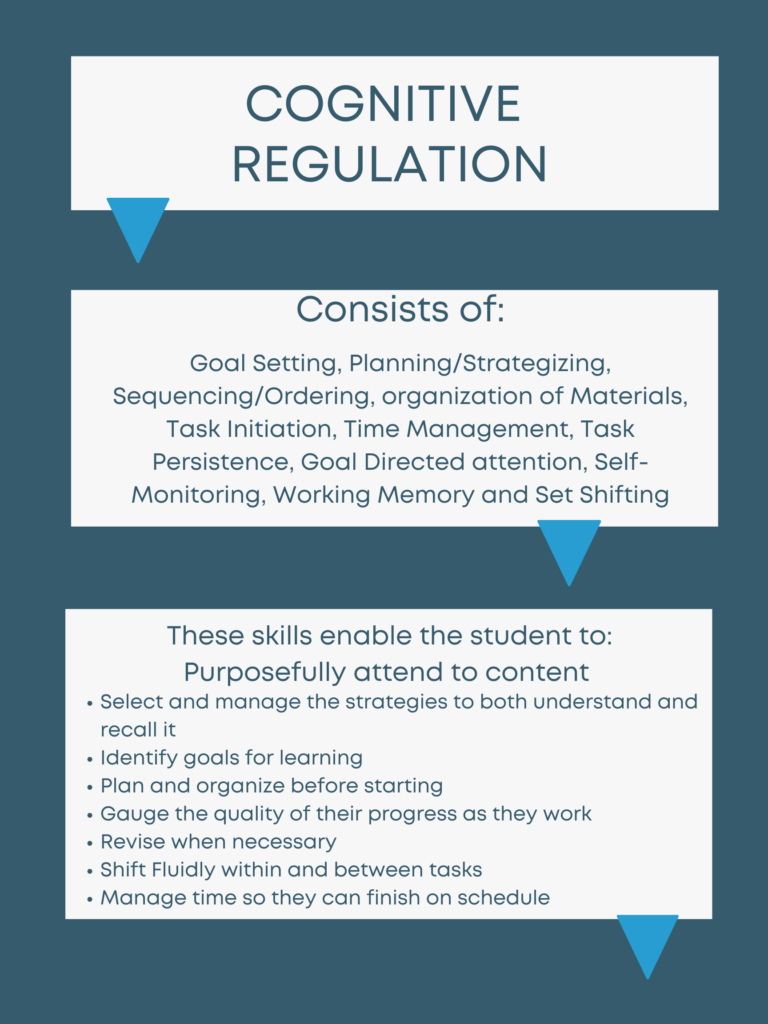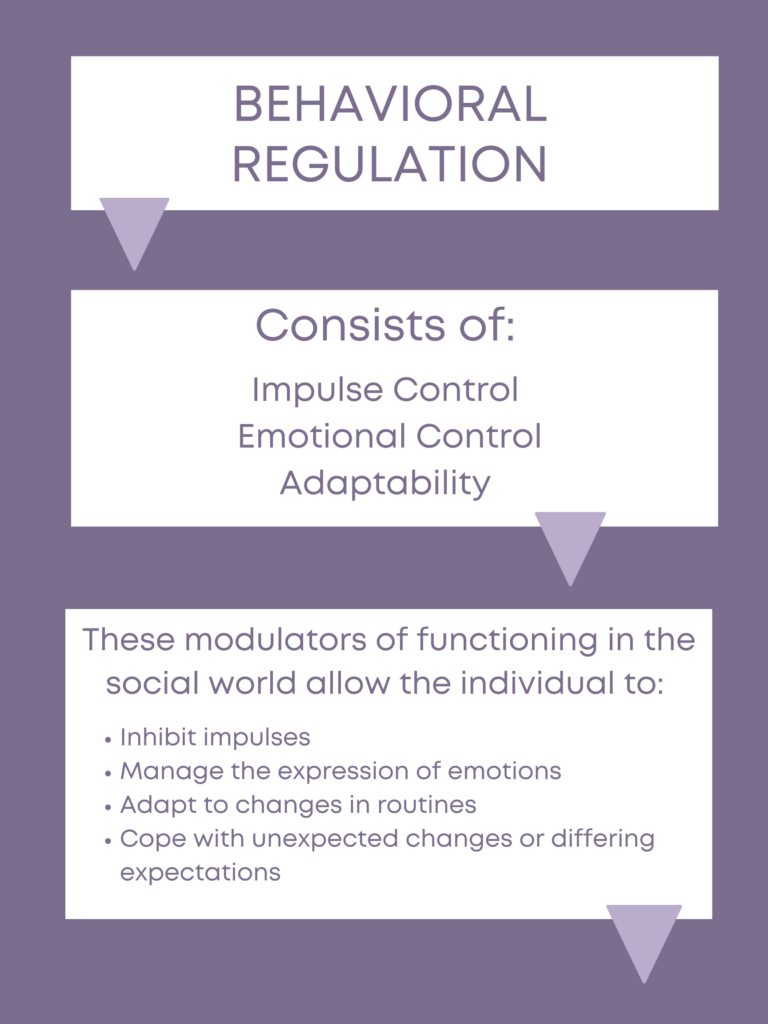Executive skills are skills required for the self-regulation and self-direction of our day to day and life functioning. Whenever people manage their thinking or behavior to achieve some desired outcome they are engaging the skills of executive functioning. In other words, executive functions are the command center of information processing. It can be thought of as the conductor of an orchestra or army general directing the troops.
The prefrontal cortex is the area of the brain that specializes in metacognitive and self-regulatory functions and it is not fully developed until the mid to late twenties. It is this part of the brain that operates executive functions. The frontal lobe is the brains center of self-directed action and output whereas the three other lobes of the cortex (temporal, parietal, and occipital) receive, process, and store different types of sensory information. Although information processed in the parietal, temporal and occipital lobes informs so much of what you think and do, only the frontal lobe possesses the capacity to initiate movement, problem-solving and goal directed behavior.
There are two core strands of Executive Functioning including the Cognitive Regulation and Behavioral Regulation strands.

References:
Kaufman, Christopher, (2010) – Executive Function in the Classroom – Practical Strategies for Improving Performance and Enhancing Skills for All Students, Brookes Publishing
Hattie, J. Fisher D. Frey, N. (2017)- Visible Learning for Mathematics- What Works Best to Optimize Student Learning, Corwin Mathematics









